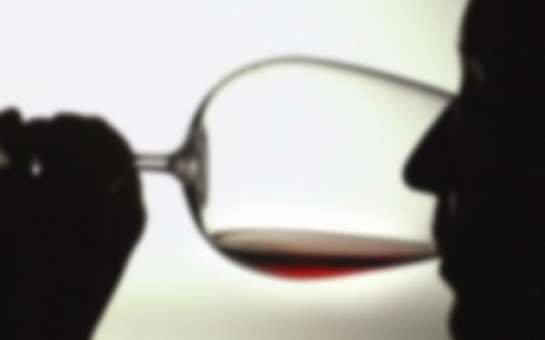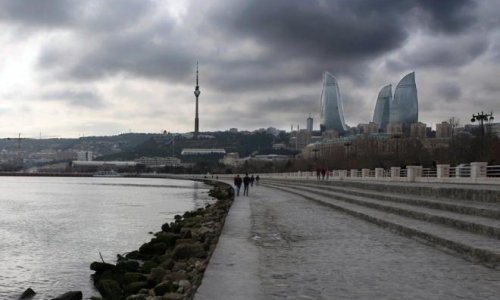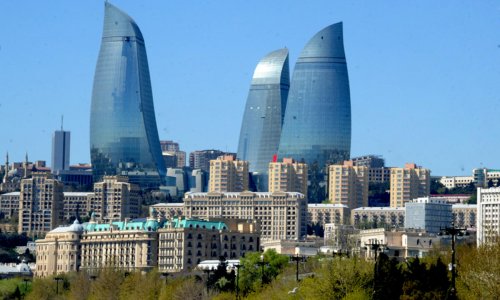Follow us !
When it comes to our drinking habits, we are in collective denial
Society
16:01 | 06.01.2014

When it comes to our drinking habits, we are in collective denial
The long, dark winter months always seem to bring with them a depressing number of headlines about how the demon drink has been wiping the floor with people. Posters put up by a council in Yorkshire are warning young girls not to leave themselves vulnerable to rape by wandering drunk around town centres in skimpy clothes.As the obvious problem drinkers run amok, the nice, middle-class drinkers make new year's resolutions to embark upon a "dry January". A friend of mine is a case in point. As a group of us gathered for my birthday last week, he put his hand over his wine glass, saying, "I've given it up this month". But in all these instances the underlying theme is avoidance. Alcohol is a great leveller, you see. The louts and loutettes wreaking havoc in our town centres face the same conundrum as the middle-class daily drinkers who give up wine for January to let their livers recover – so they can hit the rioja again in February. In both cases, once they have taken that first drink, they know they can't stop.And yet despite (or indeed because of) the fact that alcoholism is so widespread, we avoid confronting it. We still shrink from the idea that some human beings cannot drink safely, and that this is an illness. It sometimes appears we are getting less, not more, enlightened about alcohol abuse. For the first time that I can remember, leading commentators have begun to question the idea that there is such a thing as addiction at all. Chief among these is Peter Hitchens, who confronted the actor Matthew Perry on Newsnight last month to tell him that his recovery from years of substance abuse was, in fact, a figment of his imagination.It was infuriating to witness an intellectually brilliant man like Hitchens insisting that addiction is not an illness when our streets are full of men and women who have drunk so much they can no longer walk. If that is not the definition of "dis-order" I don't know what is. If someone who drinks until they fall down is not suffering from any kind of "dis-ease" then is Hitchens suggesting that drunks are in a state of total ease, or partial ease? When people are agonising about giving their vital organs a break because they have so battered themselves over Christmas, does that not suggest there is something very wrong with our attitude to alcohol?In a morbid way, I'm fascinated by Hitchens's point of view for what it tells us about our refusal as a society to tackle the truth about booze. Society suffers from a sort of mass denial on the subject. Many people don't want to admit that a real compulsion exists, I suspect for fear that this will have implications for their own drinking habits. Better to say drunks are morally weak and repugnant people, because then we can assure ourselves there is no danger in the bottle for us. But to say alcohol is not an illness that requires serious treatment is to discount the fact that there is a cure. When an alcoholic gets into recovery, and manages not to take the first drink a day at a time, lives are turned around. Those in 12-step recovery programmes are not being indulged and mollycoddled – they are taking responsibility for their behaviour and endeavouring to turn it around.Unlike those who go on drinking in denial, people who put down the booze are facing up to their demons and living life without anaesthetic. The newly sober often say it is like seeing the world in colour for the first time. This is great news. Why do we not spread it more? Instead, we hammer up posters warning girls not to wander around town in short skirts. We call for licensing clampdowns when entirely predictable figures show 400,000 people have been fined for being drunk and disorderly since 24-hour drinking came in. Of course they have. We increased the availability of the drug but not of the cure.More drug and alcohol treatment programmes ought to be an idea right and left can coalesce around. Surely we should applaud the idea of people treating their own problems by gathering in self-help groups that cost the taxpayer nothing and then go on to lead useful, crime-free lives.(theguardian.com)ANN.Az










